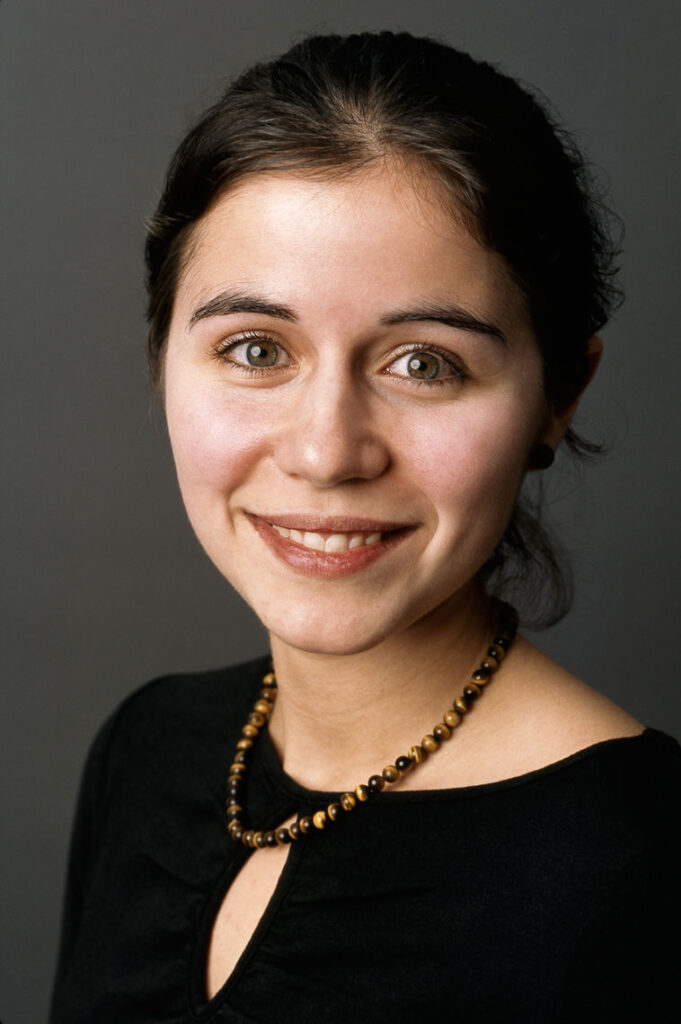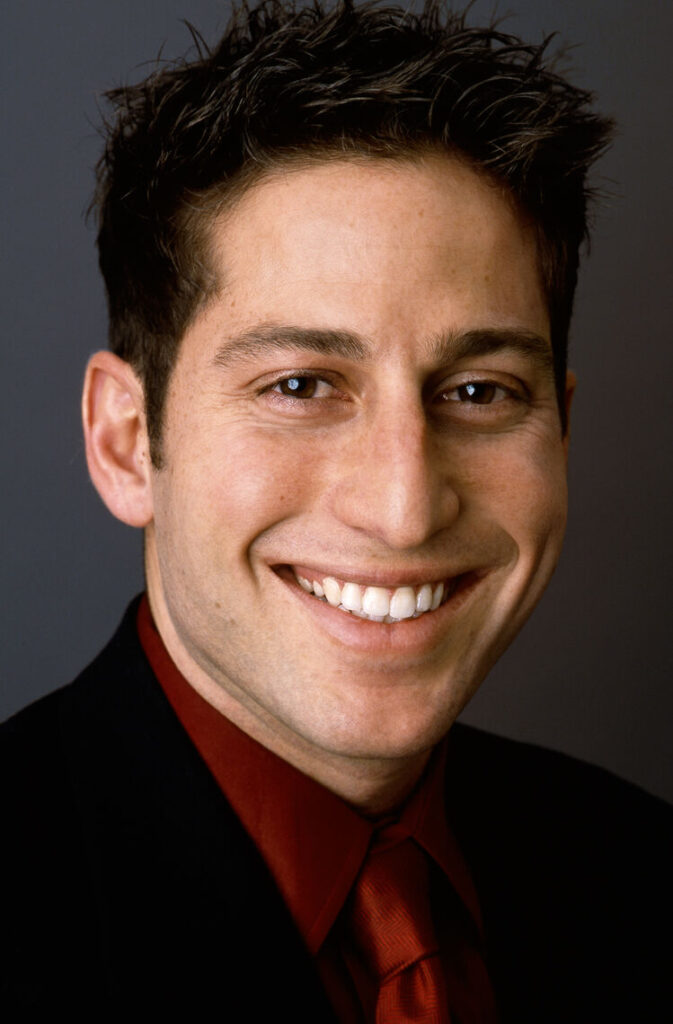About Michael E. Xie
Michael E. Xie was born in New Jersey to immigrants from China, who came to the United States to pursue educational opportunities. As a child, Michael spent time living with his extended family in Jiangxi and Zhejiang provinces, where he learned to appreciate the values of family and community.
In the United States, Michael’s mother studied biology while his father studied math, instilling in him a curiosity for the world. At an early age, Michael developed an interest in engineering. He joined a local robotics team and represented the US at the International RoboCupJunior competitions. In high school, he was selected for the New Jersey Governor’s School for Engineering and Technology, through which he worked at Rutgers University to create a prosthetic hand controlled by nerve activity in the arm. The project sparked Michael’s interest in neuroscience as he was excited by the potential of decoding the messages of the nervous system.
Michael graduated from Harvard University summa cum laude and Phi Beta Kappa with a bachelor’s degree in chemistry and physics and concurrent master’s degree in statistics. He deepened his exploration of neural signals as an undergraduate, conducting research with Adam Cohen. In the lab, Michael was captivated by the modern ability to record detailed electrical signals from many individual neurons simultaneously, and he collaborated with Liam Paninski’s group at Columbia University to develop new statistical tools that enable accurate interpretation of such recordings. His research resulted in a first-author publication in Cell Reports as well as coauthored publications in Nature and Cell. His undergraduate thesis also won a Thomas Temple Hoopes Prize from Harvard.
Currently, Michael is pursuing an MD/PhD in the Medical Scientist Training Program at Johns Hopkins University School of Medicine. His PhD research project is a collaborative effort between the Allen Institute for Neural Dynamics and Johns Hopkins University, co-advised by Karel Svoboda at the Allen Institute and Adam Charles at Johns Hopkins. In his work, Michael uses novel neural recording techniques to examine the fundamental—but unanswered—question of what computations the individual neurons that make up the living brain can perform. With these insights, he hopes to build improved computational models of the brain that can help us understand how cognitive function may deteriorate with neuropsychiatric or neurodegenerative disease. Michael also leads a neurosurgery research project in Risheng Xu’s laboratory, building deep learning models to improve patient outcomes.
Outside of his research, Michael is passionate about fostering community through science, and he leads several science outreach initiatives as copresident of Project Bridge, cofounder of the program’s Student Advocacy Workshop Series, and as a founding member of The Sci’more Podcast.
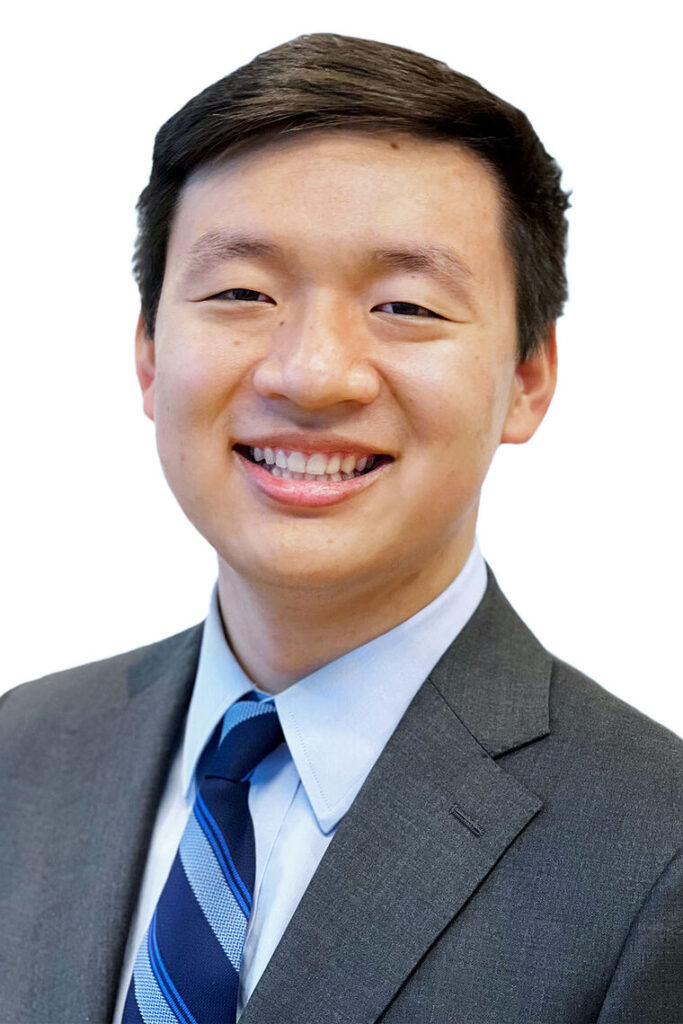
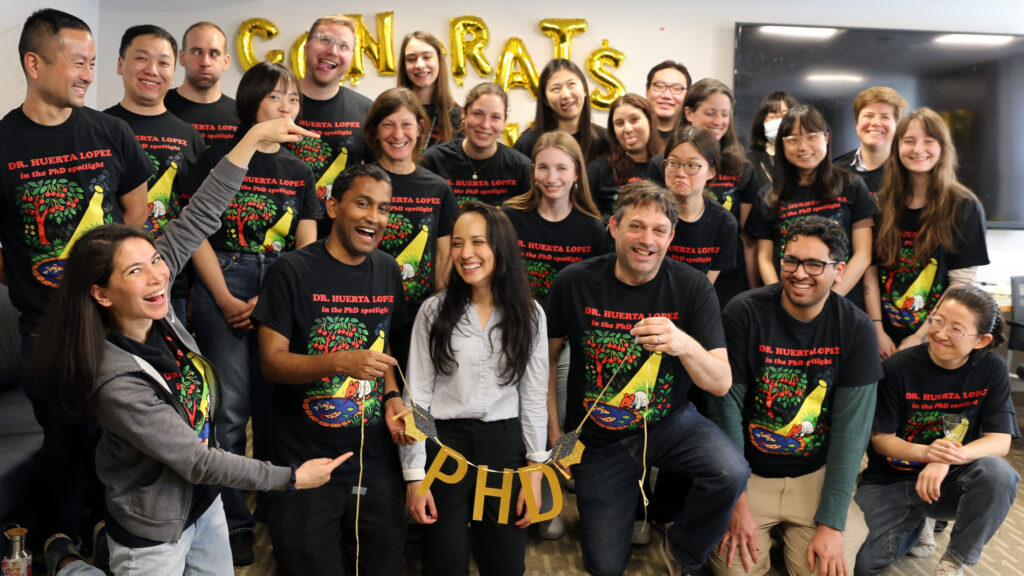 Read more: Q&A with MD/PhD Student Silvia Huerta Lopez
Read more: Q&A with MD/PhD Student Silvia Huerta Lopez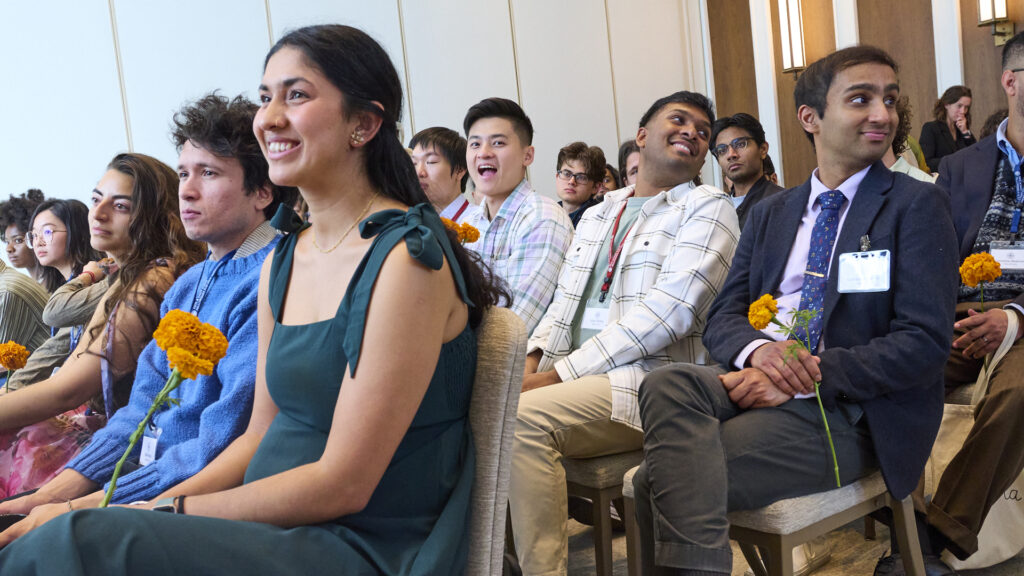 Read more: PD Soros Eligibility Guide for PhD Applicants
Read more: PD Soros Eligibility Guide for PhD Applicants